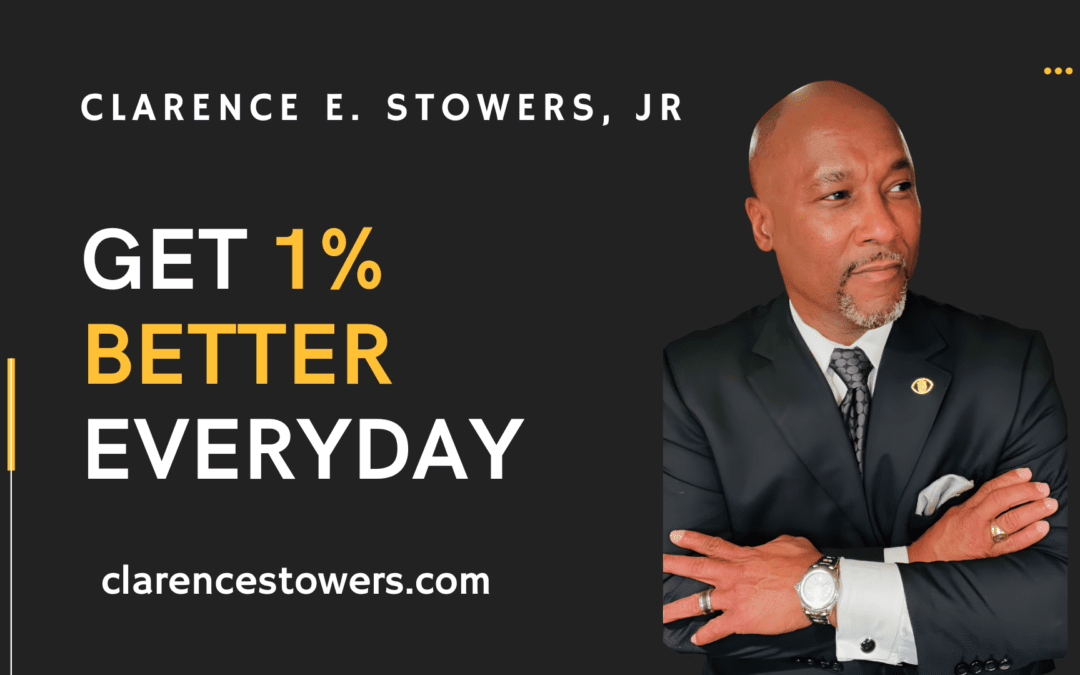Recent scientific studies indicate that emotions play a HUGE role in decision-making. Furthermore, decision-making is an involved process and one that is critically important to master if a person wants to be successful.
ALL highly successful people are good decision makers.
They find that making good decisions leads to enjoyment and self-confidence. Successful people enjoy the decision-making process itself and consider it be an excellent and challenging way to constantly resharpen their minds and skills.
This week I will share two principles each day that will help you make wiser decisions. Again, if you will dedicate one week to
both principles, in 5-6 weeks you'll be a different & successful
person.
1. MAKE DECISIONS THAT SUPPORT YOUR GOALS
When working toward your goals, you may easily get derailed when a tempting situation presents itself. Though it is difficult to refrain from doing something you want in the moment, it is important to exhibit discipline. Some examples include postponing dining out, weekend getaways, and shopping sprees when you're trying to save for a home. Continued commitment to your long-term goals is necessary if you desire to be successful.
2. PREDICT THE OUTCOME FOR ALL DECISIONS
It is impossible to know for certain how a particular decision will turn out. It is, however, possible to predict what might happen. Predicting outcomes is a valuable tool when deciding between several options. For example, if you are deciding to pursue an advanced degree, consider the outcome of your options. Law school is an expensive investment ($150,000 for 3 years) but can help increase your earning potential later in life. Determine how much time you have before making the decision. Use 90% of that time thinking & considering the outcome – THEN DECIDE!




Pastor,
Thanks for sharing. Making the right decisions will get you farther to completion of your goals, rather than winging it. I think so many times we narrow and measure our outcomes to one prediction without leaving ourselves room for error and unexpected challenges. Then were stuck and most of the time right there we give up and in.